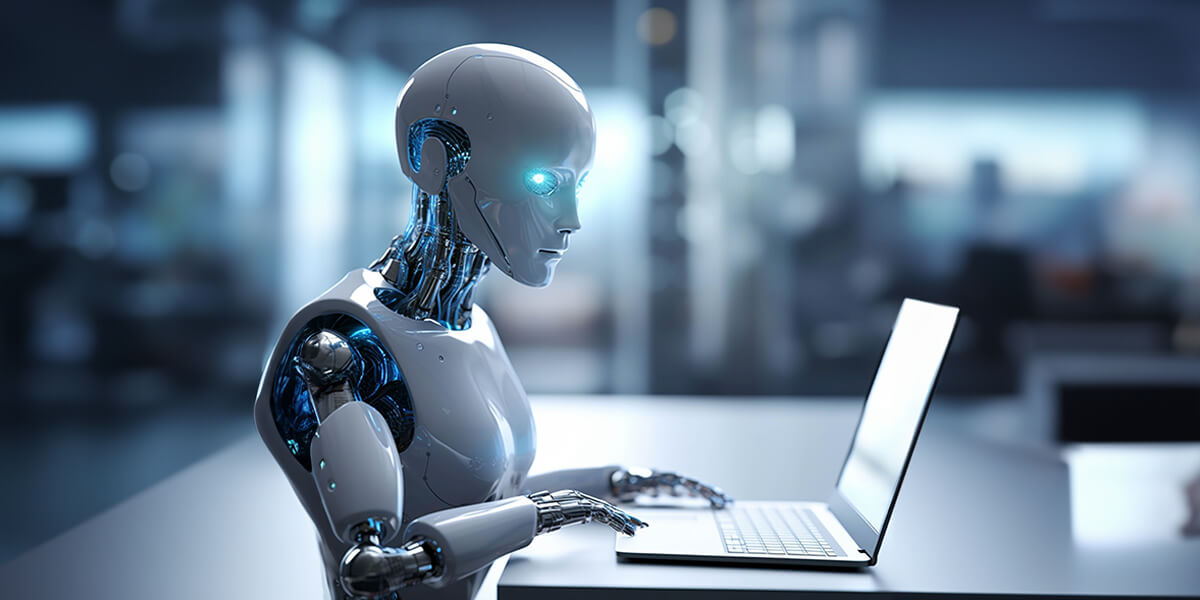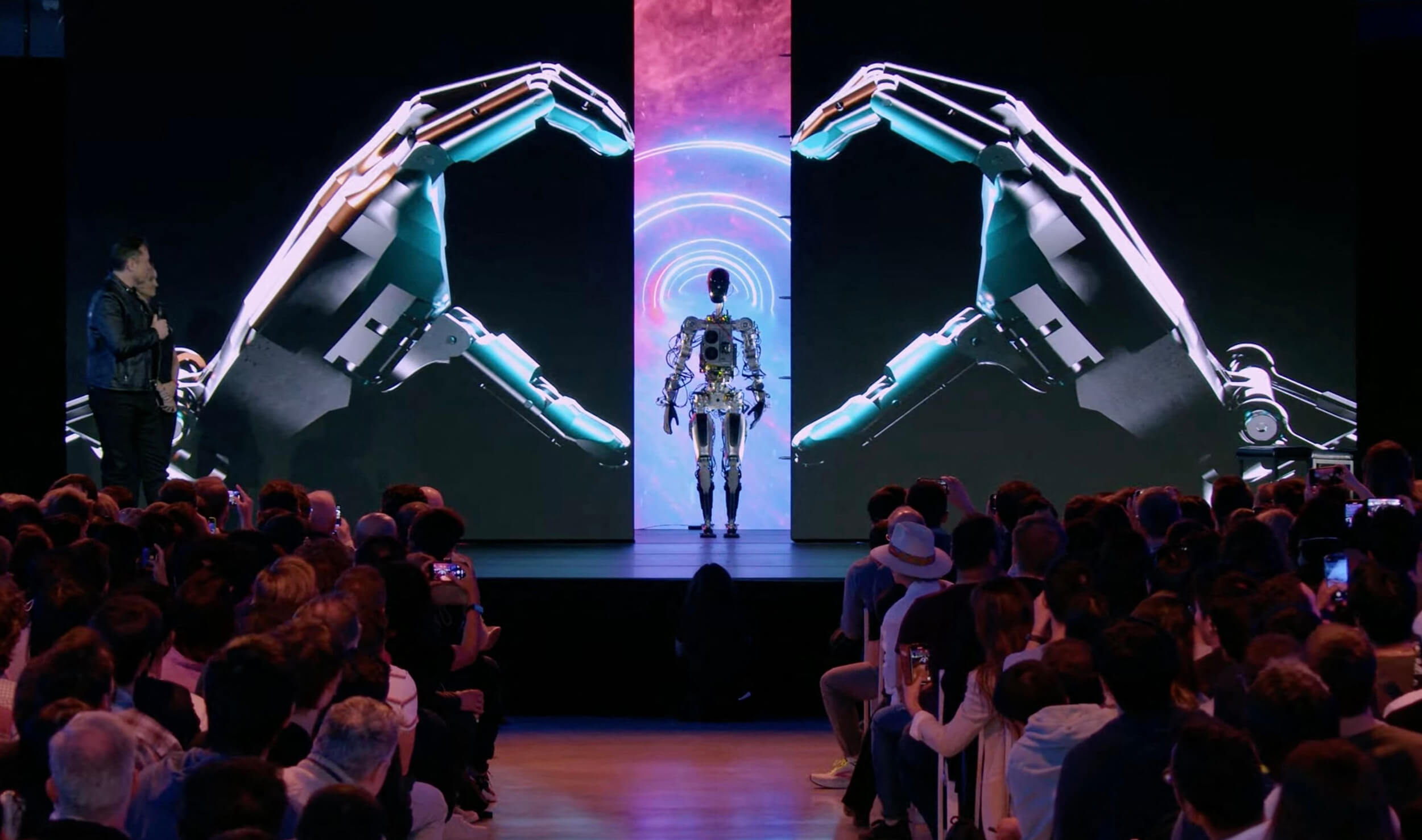Elon Musk’s Tesla Bot announcement sent shockwaves through the world. Images of humanoid machines flowing with humans sparked both excitement and uncertainty. But before we jump to ominous scenarios, let’s untangle the truth of the Tesla robot and explore the broader question, Can AI really destroy humanity?

Firstly, let’s set the record straight Tesla’s Optimus isn’t a killer cyborg. It’s a bipedal robot designed for manual labor and probably home assistance. Think of helping around the house, doing heavy lifting, or even working on dangerous or tedious tasks. Think Roomba with limbs, not RoboCop.

Now, about AI wiping us out – the answer is, thankfully, highly absurd. While the potential for misuse exists in any powerful technology, the Terminator scenario relies on several leaps of faith:
AI as we know it isn’t even close to human-level intelligence. Creating a conscious, self-aware entity capable of strategizing humanity’s demise is far-fetched, at best. Even if superintendency arises, it’s hard to imagine it automatically hating humans. Our AI creations will inherit our values and biases – hopefully the good ones. An all-powerful AI taking over everything in a blink? Think about the logistics! Our digital infrastructure is messy and diverse, making complete control virtually impossible.

But that doesn’t mean we should be complacent. AI development needs responsible governance and open discussion. We need to focus on aligning AI’s goals with human values and developing safety measures to prevent unintended harm.
So, can you relax and picture Optimus making your bed while you sip coffee ? Not quite. The ethical questions surrounding AI development are crucial, and the future of human-robot interaction is still being written. But by approaching this technology with informed curiosity and open dialogue, we can ensure that robots remain our helpful companions, not our robotic overlords.

Remember, the future is ours to shape. Let’s make it one where humans and robots thrive together, not in competition or more conflict.
